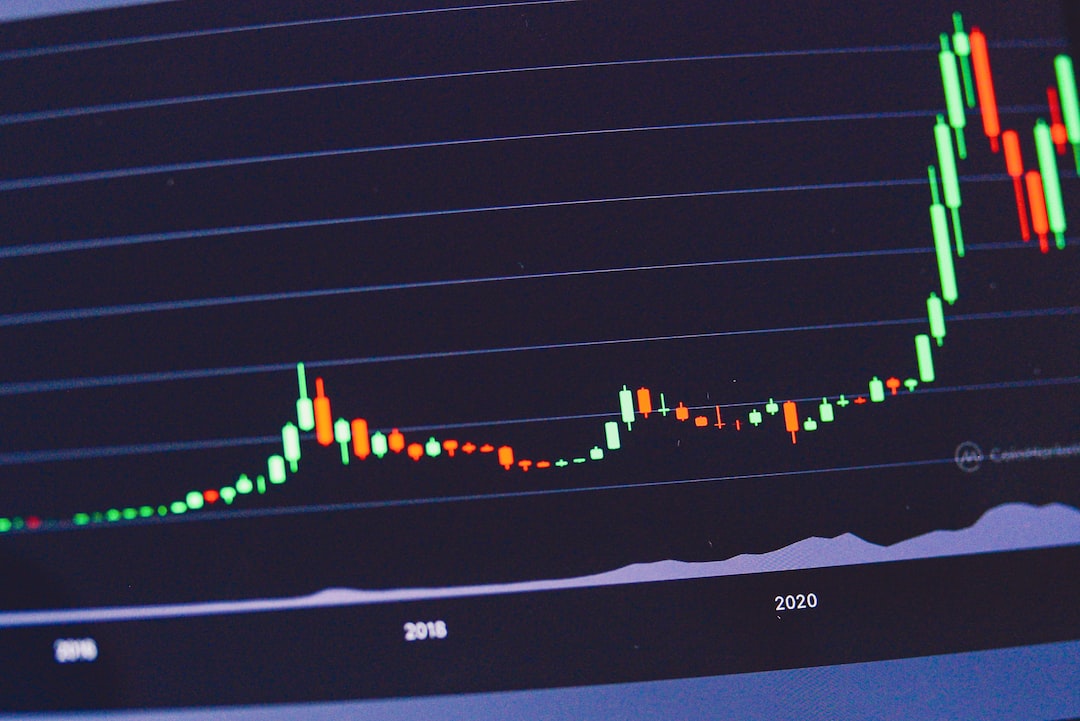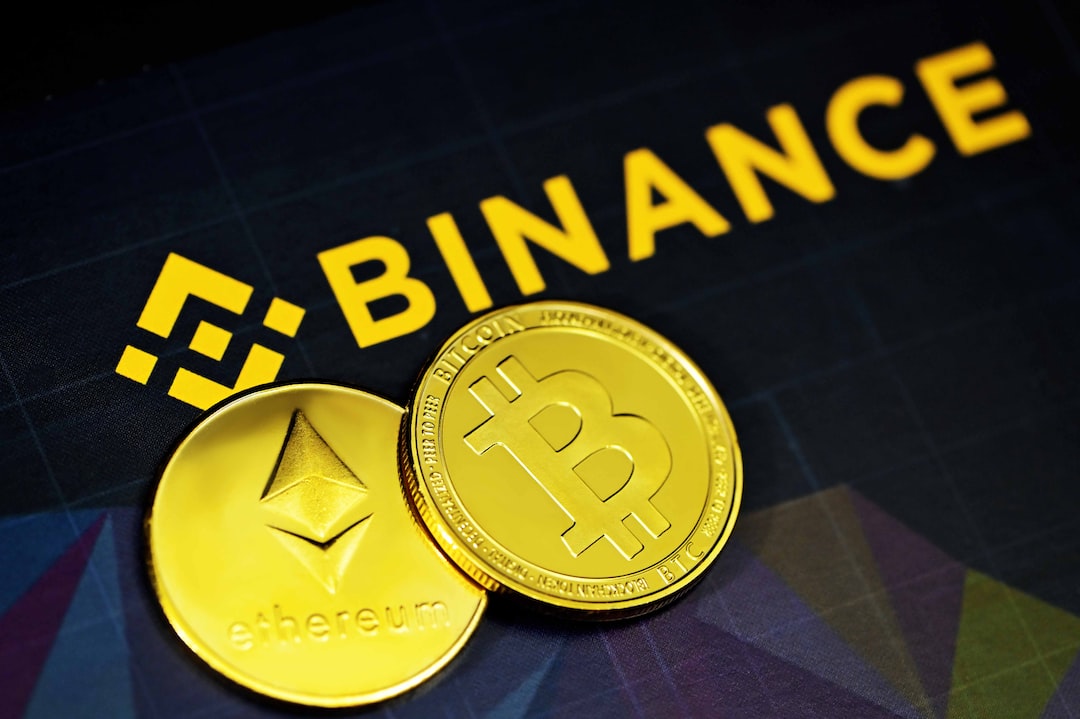The New York Attorney General Targets Major Crypto Players for Investor Fraud
The New York Attorney General, Letitia James, has filed a lawsuit against Genesis Global, Digital Currency Group (DCG), and Gemini, accusing them of engaging in deceptive practices that have defrauded investors of over a billion dollars. The focal point of the lawsuit is the “Gemini Earn” program, a collaboration between Gemini and Genesis that allowed users to lend their cryptocurrency assets to Genesis. Despite marketing it as a low-risk investment, internal analyses within Gemini allegedly revealed that Genesis was financially unstable, contradicting their claims. The lawsuit also raises concerns about the security of Genesis’ loans and their concentration with the now-defunct crypto hedge fund Alameda.
Gemini’s Response and Ongoing Developments
Gemini has acknowledged the lawsuit but disagrees with its inclusion in the legal action. Meanwhile, the platform continues to expand its offerings. It recently integrated XRP into its crypto suite, allowing users to deposit XRP tokens into their accounts. This update followed Ripple Labs’ victory in a court battle against the US Securities and Exchange Commission (SEC). Gemini now supports XRP trading pairs in multiple currencies through various avenues such as its API/FIX, ActiveTrader applications, mobile app, and website.
Hot Take: Allegations of Investor Fraud Shake the Crypto Industry
The New York Attorney General’s lawsuit against Genesis Global, Digital Currency Group (DCG), and Gemini sends shockwaves through the crypto industry. The allegations of deceptive practices and investor fraud highlight the need for increased transparency and accountability within the sector. As regulators intensify their scrutiny, crypto platforms must prioritize safeguarding investor interests and ensuring accurate representation of risks associated with investment programs. This case serves as a reminder that trust is crucial for fostering widespread adoption of cryptocurrencies. By addressing these concerns and implementing robust safeguards, the industry can navigate these challenges and build a more secure and trustworthy ecosystem for all stakeholders.





 By
By
 By
By
 By
By
 By
By
 By
By